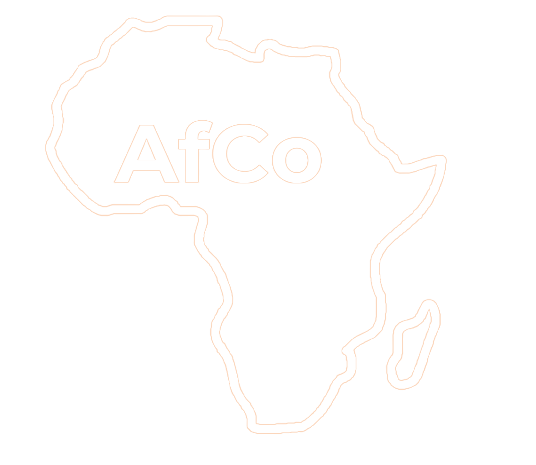The Project-Aid Paradigm Endures
From post-independence cooperation agreements to recent development partnerships, project aid has represented a massive and tenaciously enduring share of official development assistance. This remains the case today, despite the splintering of aid and the Paris Declaration recommendation that general budget support replace earmarked contributions. The authors analyze the project-aid paradigm by placing it in the context of African economies during the early decades of independence. To illustrate their analysis, the authors use a generation of grand public-works projects in three countries. The authors find that the project-aid model - renounced today - presented one type of outcome, organization and temporality. Although many project-driven development entities have dissolved, some have proven quite resilient, while others have left their mark on entire regions. Beyond noting that project aid supports donor strategies that seek to preserve control over project definitions and returns on donor interests, the authors raise a question: Does project aid's tenacity derive from its ambivalence, since it rests on a shared space alongside two subgroups where each partner sets up their own outcomes?
Keywords
- project aid
- state-owned companies
- public offices
- appropriation
- paradigm
- temporality
- Cameroon
- Côte d'Ivoire
- Madagascar
